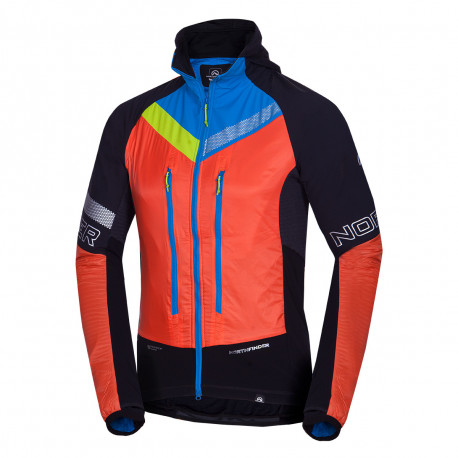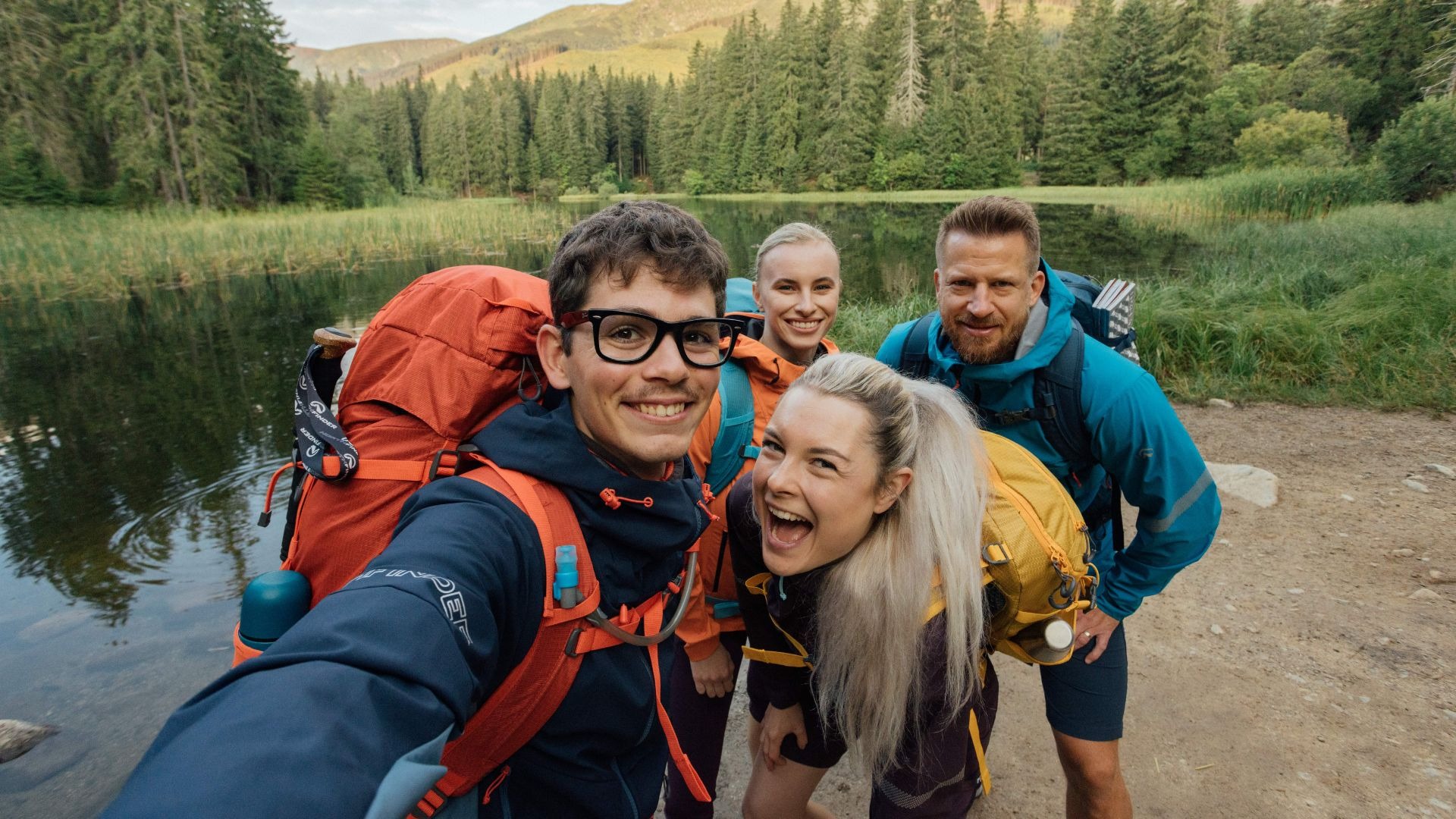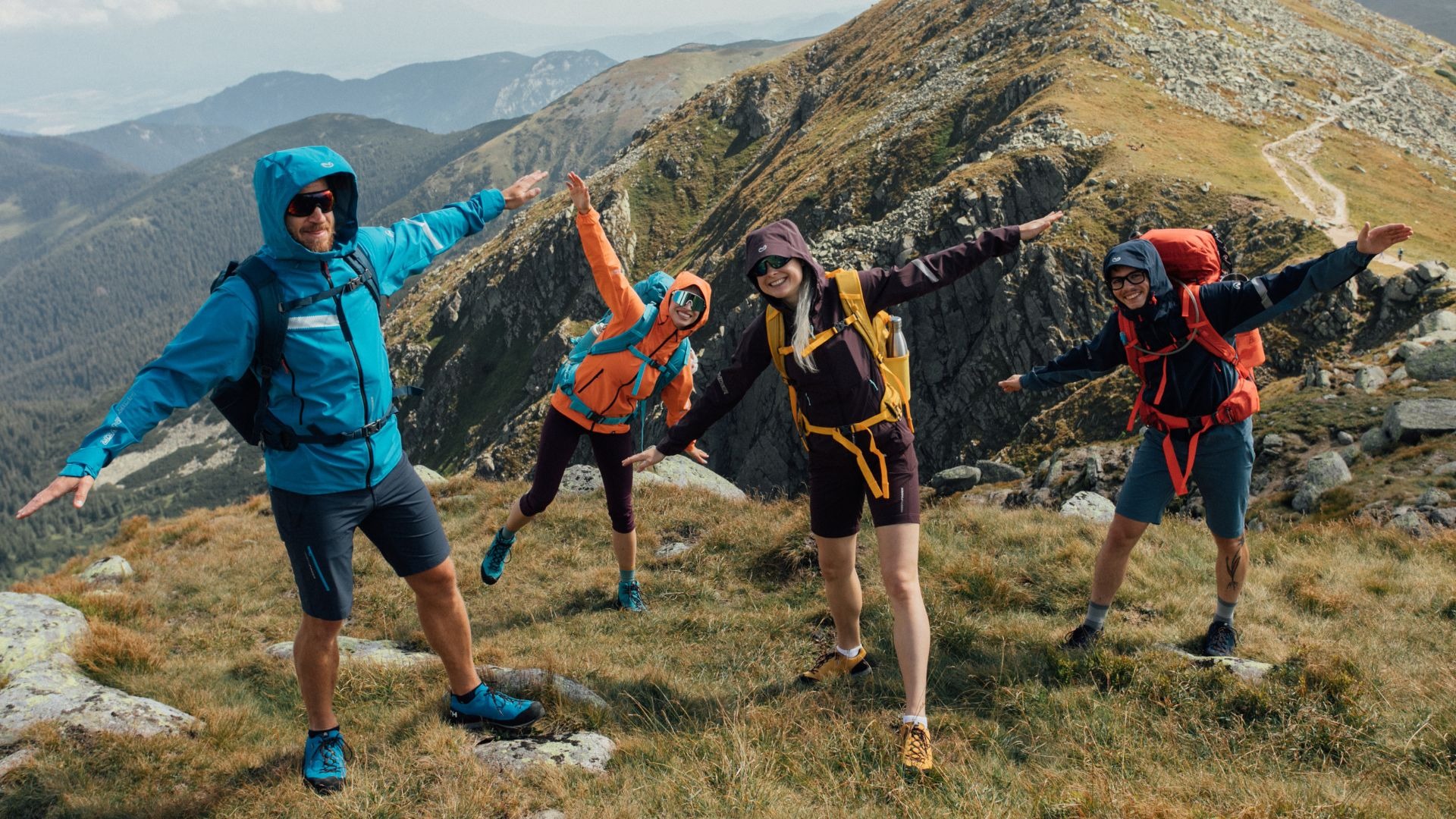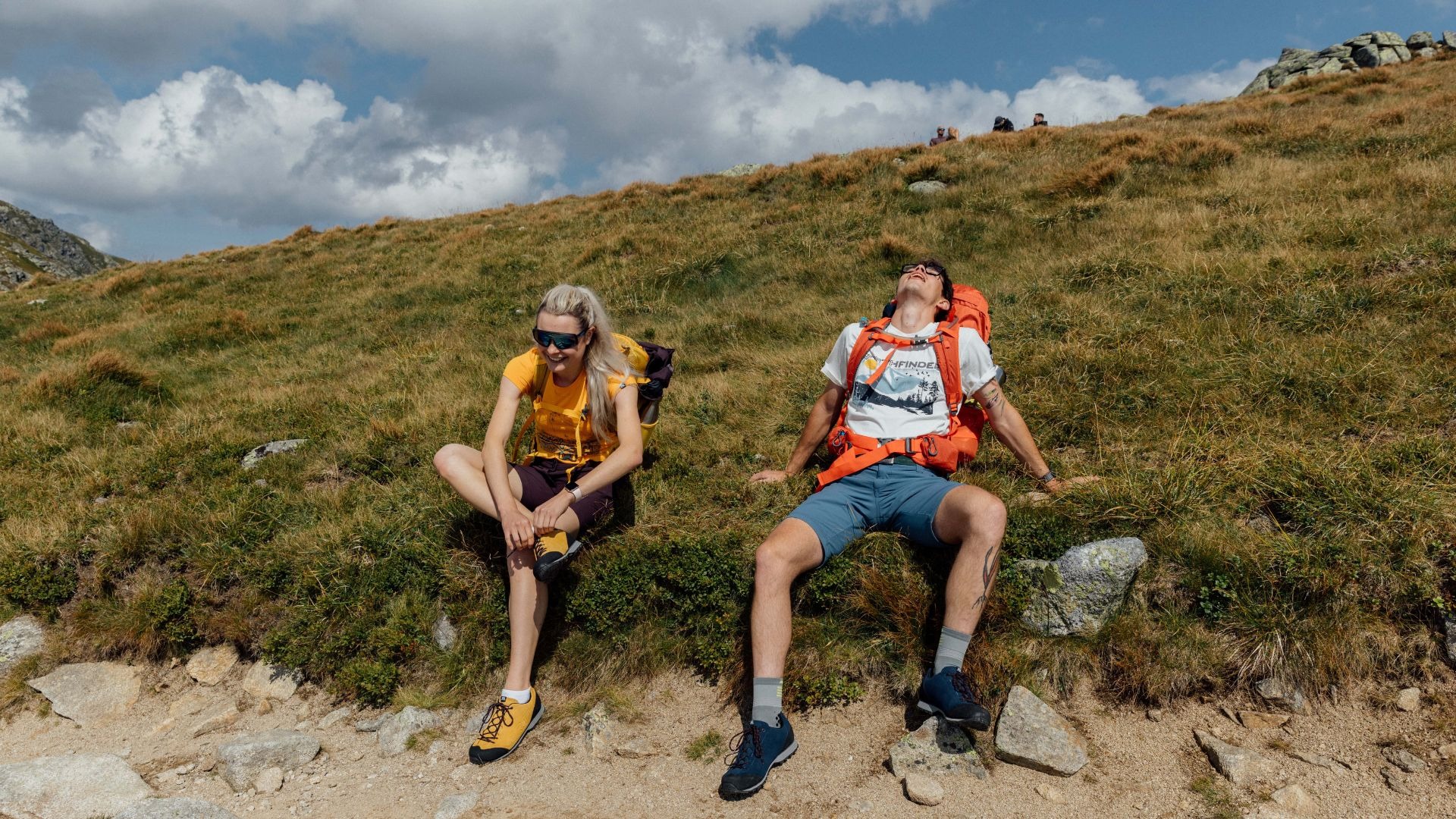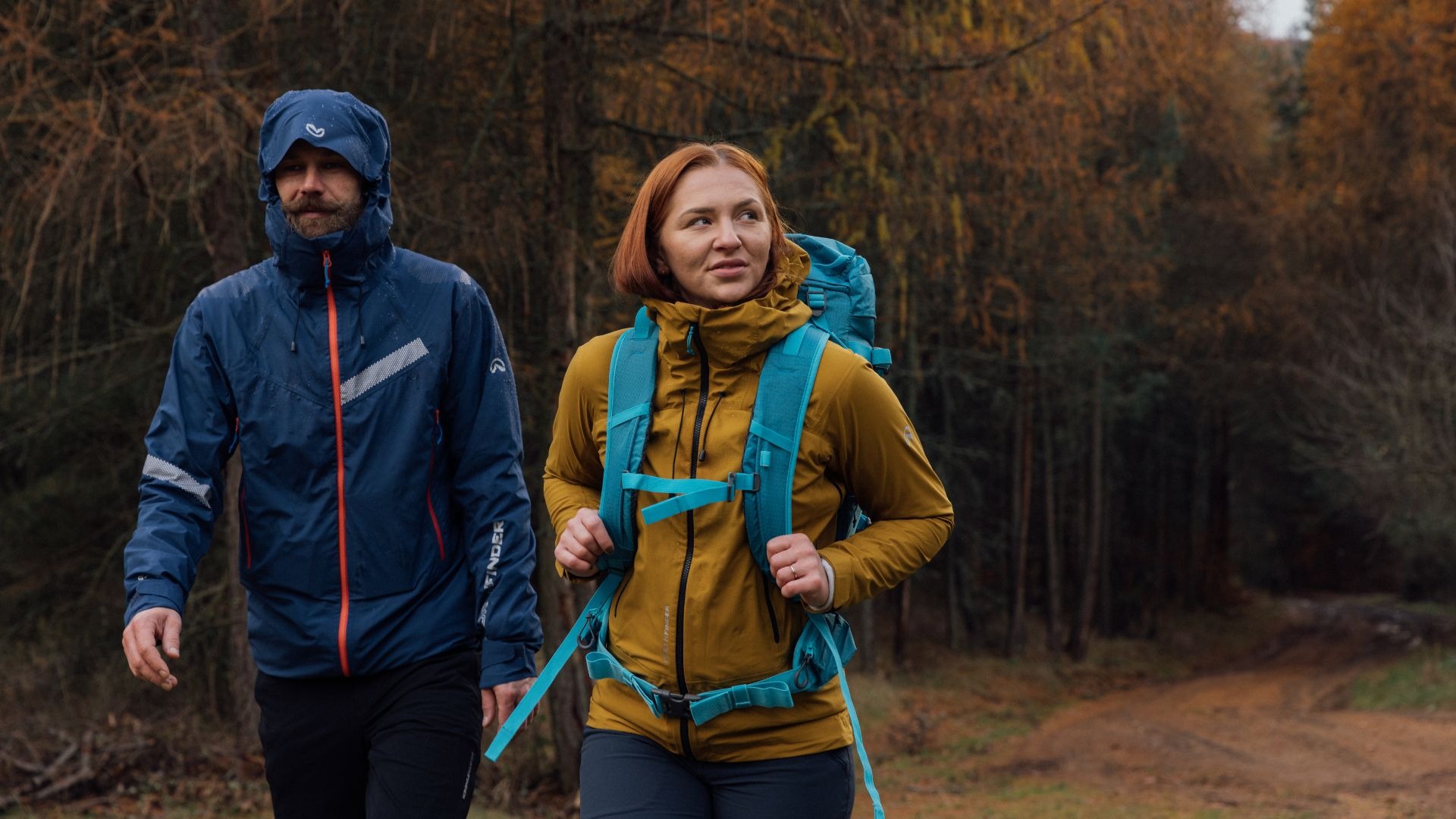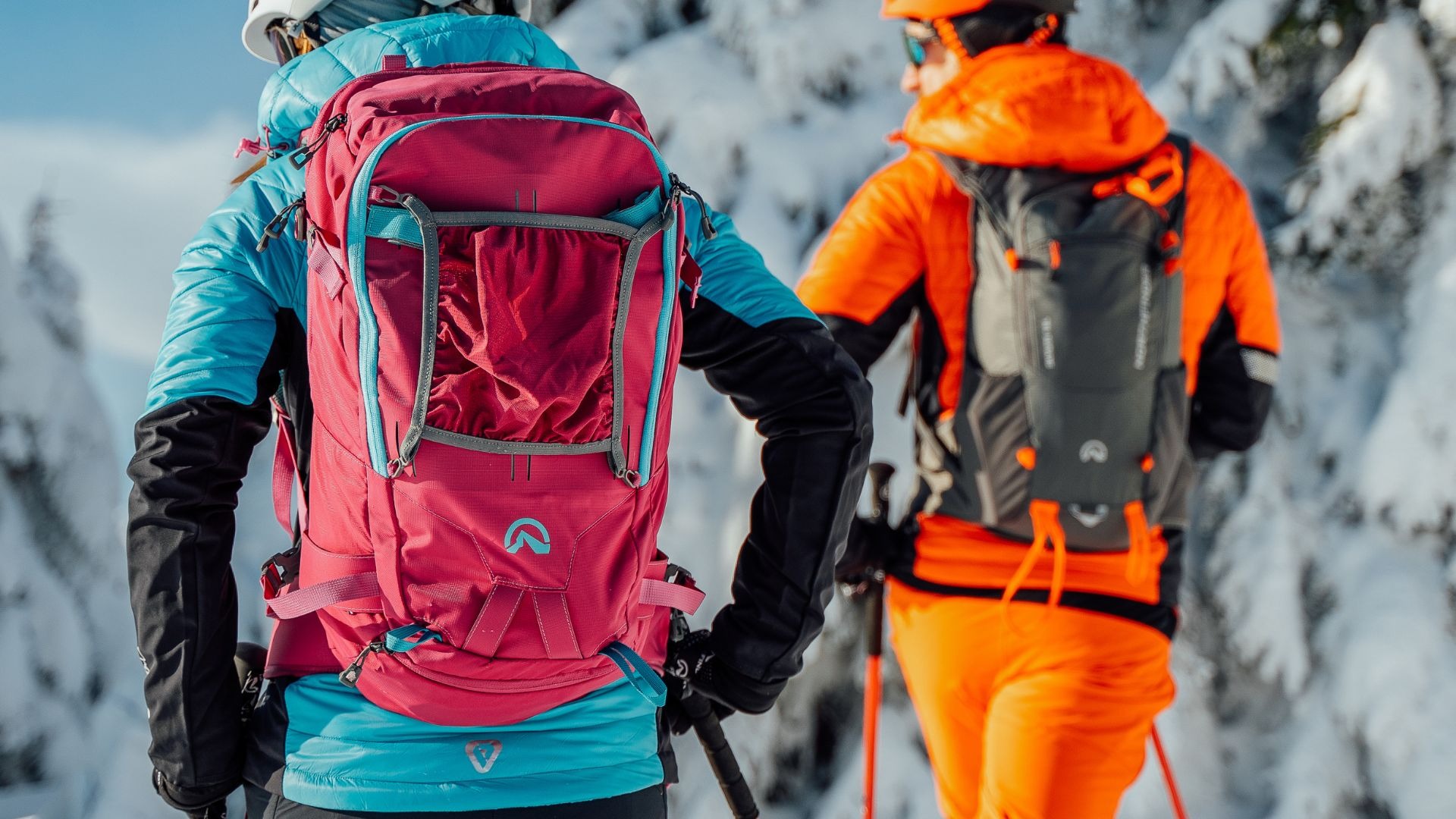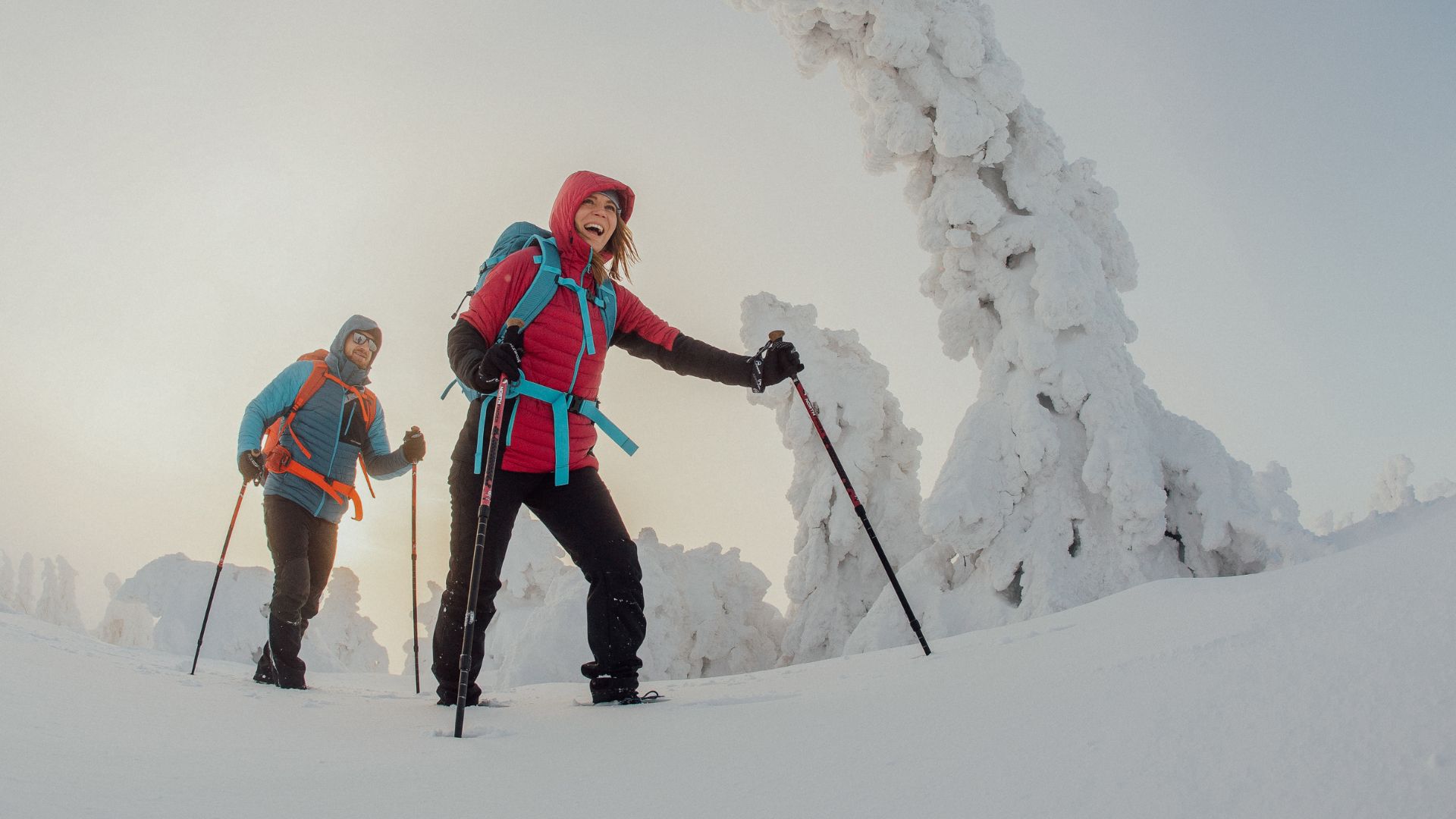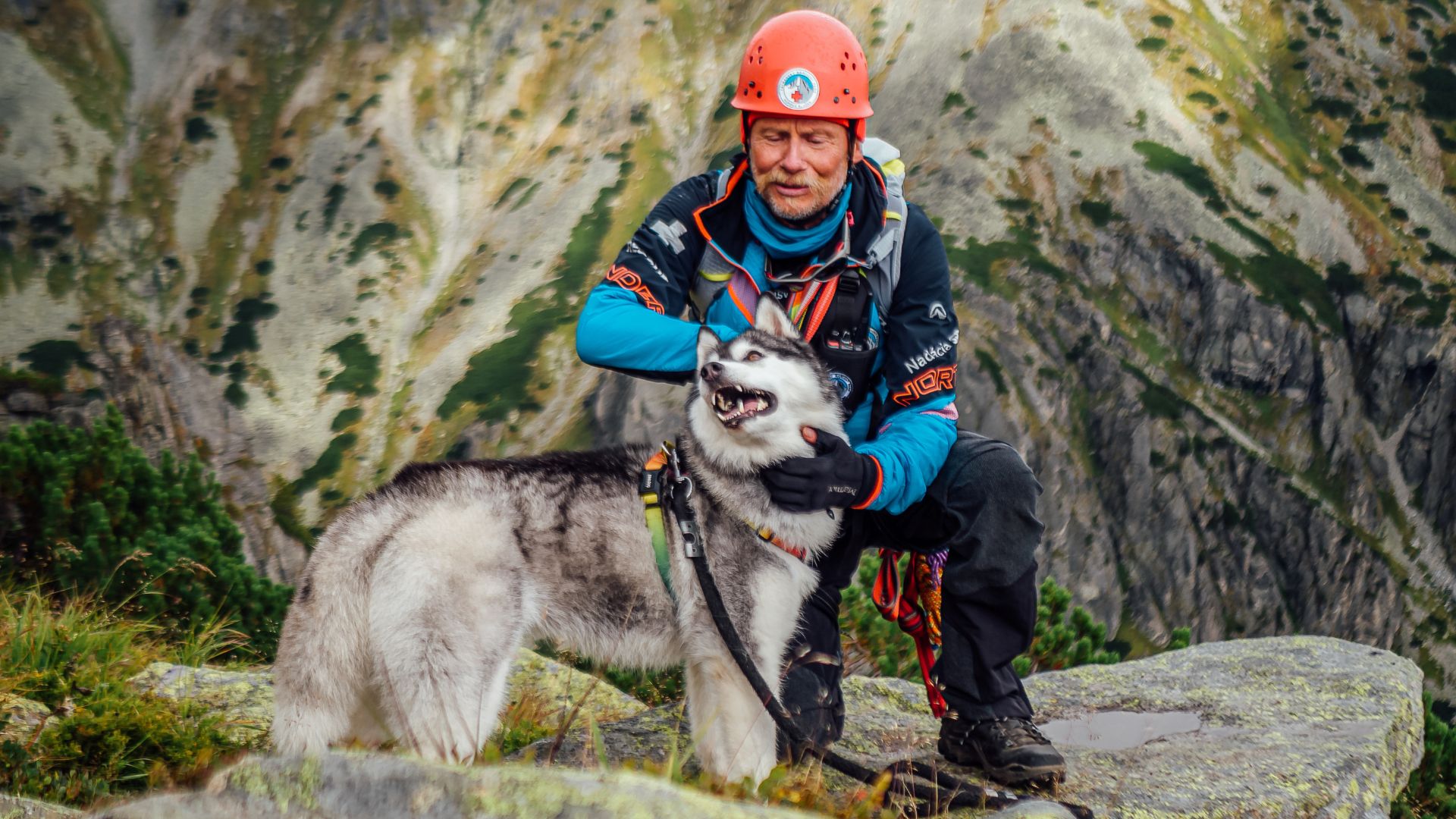Northfinder Solisko jacket: The clear choice for the Tatra Mountain Service
Hiking’s especially popular in nice weather. But the mountain service works in all weathers. That's why they need clothes that support the rescuers and allow them to work freely.



Versatility is decisive in the Tatras
Lightweight, durable and long-lasting

The voluntary Tatra Mountain Service
The serivce was established in 1997 as a civil association, continuing the service of the Voluntary Rescue Committee which was set up in 1913. The latter brought together skilled skiers, hikers, climbers and other mountain lovers to provide rescue services. The work of mountain rescuers is demanding physically and mentally, often in difficult terrain, and adverse weather. Would-be volunteers are tested on physical ability, knowledge and orientation in the Tatras, as well as personality and character traits.







